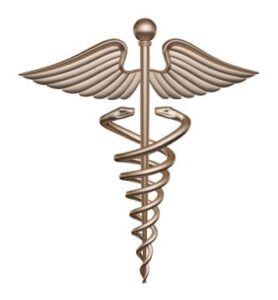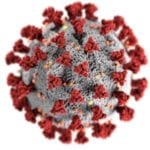The SAFE Identity consortium has announced the creation of the Internet of Medical Things (IoMT) working group to establish industry standards and provide guidance for medical device manufacturers to aid them in the integration of trusted, secure, and interoperable credentials into their products.

The IoMT group is to be composed of digital identity experts, with the aim of the group being to help hospitals, radiology centers, medical labs, and other consumers of medical devices use trusted standards-based credentials with their devices as soon as they arrive on site.
According to a recent report, healthcare providers average between 10 and 15 connected devices per hospital bed, presenting them with a potential challenge when identifying and managing all of the devices on a given network while ensuring the data collected is confidential and maintaining a high degree of both network integrity and security.
The addition of a growing number of wearable devices used in the healthcare sector, along with a surge in the popularity of remote patient monitoring solutions — owing largely to the challenges brought forth by the ongoing COVID-19 pandemic — present even more attack vectors and increase the risk of data breaches that may threaten patient data.
The goal of the IoMT group will be to provide a set of standardized requirements for medical device certificate issuance that will be based on industry best practices, and the group will look to outline procedural tactics such as anti-counterfeiting, identity verification, and encryption. The requirements defined by the IoMT working group will not be dependant on the technological parameters of any particular vendor, and will include testing models to aid in the interoperability across various systems.
SAFE Identity recently announced the hiring of 14-year industry veteran Priti Dave as the the chair of the SAFE Identity IoMT Working Group to help guide this effort.
“Providing a path to secure medical device identities is a major step towards building the foundation for digital trust within healthcare,” said Dave. “With the IoMT working group, we have set out to clear this path in a collaborative way, utilizing SAFE Identity’s Trust Framework for a standards-only, product-agnostic approach that fosters interoperability and thwarts vendor lock-in in a decentralized way.”
To ensure the maximum productivity of participants in the new endeavour, the IoMT working group has developed a three-phase approach to its mission.
The first phase involves the modernization of the SAFE Certificate Policy — a set of technical specifications, compliance guidelines, liability rules, and criteria to meet the needs of the medical device space, and to ensure that buyers can securely interact with products straight “out of the box”.
Phase 2 will see the IoMT members set up operational guidance and implementation strategies that will help device manufacturers as well as consumers adopt industry standards and best practices. Phase 2 will also largely focus on ensuring support for device auto-enrollment to aid in the large-scale issuance of credentials.
The final phase will provide guidance for leveraging the SAFE Trust Framework as well as industry guidance aimed at ensuring compliance with various FDA pre- and post-market guidance for medical devices. Compliance with EU regulations will also be explored in this final phase.
Be sure to join FindBiometrics as we take a closer look at the healthcare industry this month, with our Securing Healthcare With Biometrics, Identity Verification and Mobile ID webinar taking place on March 30, beginning at 11:00 a.m. Eastern.
–
March 3, 2021 – by Tony Bitzionis






Follow Us